
Preventative dental care, especially dental exams, are a crucial component of preventive healthcare, and they can lead to early diagnosis and intervention for a wide range of oral health issues. Here’s how dental exams contribute to early diagnosis:
Regular dental exams, typically recommended every six months, play a crucial role in maintaining optimal oral health. Preventative dental care not only helps diagnose issues early but also allow for timely intervention and preventive measures, ultimately reducing the risk of more extensive and costly dental problems in the future.
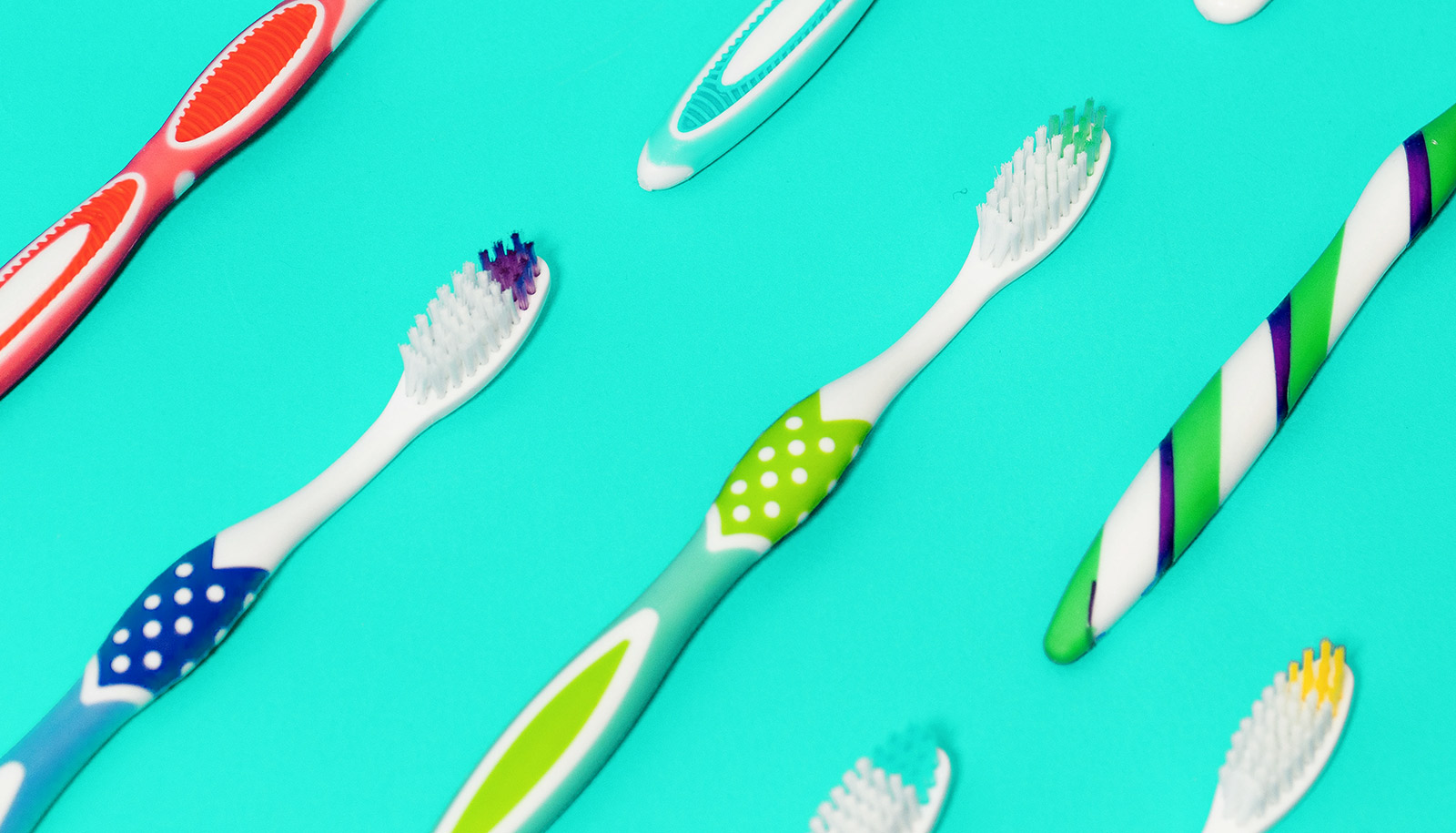
We talk a lot about the importance of good oral health and that includes brushing, flossing, and seeing your dentist on the regular. Let’s take a deeper dive into brushing, more specifically, the tool you’re using to brush those pearly whites. You might ask yourself, “when’s the last time I changed out my toothbrush?” We often throw away old food, donate clothes, replace beauty products, etc., but adding a change into your routine to replace your toothbrush will have a bigger affect than you might think.
Related Article from The ADA: 8 bad brushing habits to break

Your dental exam can expose and help diagnose Oral Cancer and Gum Disease early …
You know that your dental team keeps your mouth healthy and clean when you schedule your dental exam and cleaning every six months, but did you know that getting regular dental checkups is the most important procedure against oral cancer and gum disease? Your dentist is doing a lot more than just checking up on your smile and making sure you don’t have any cavities. Preventative dentistry can detect early signs of cancer, gum disease, and other major health problems. All in all, preventative dentistry could save your life.
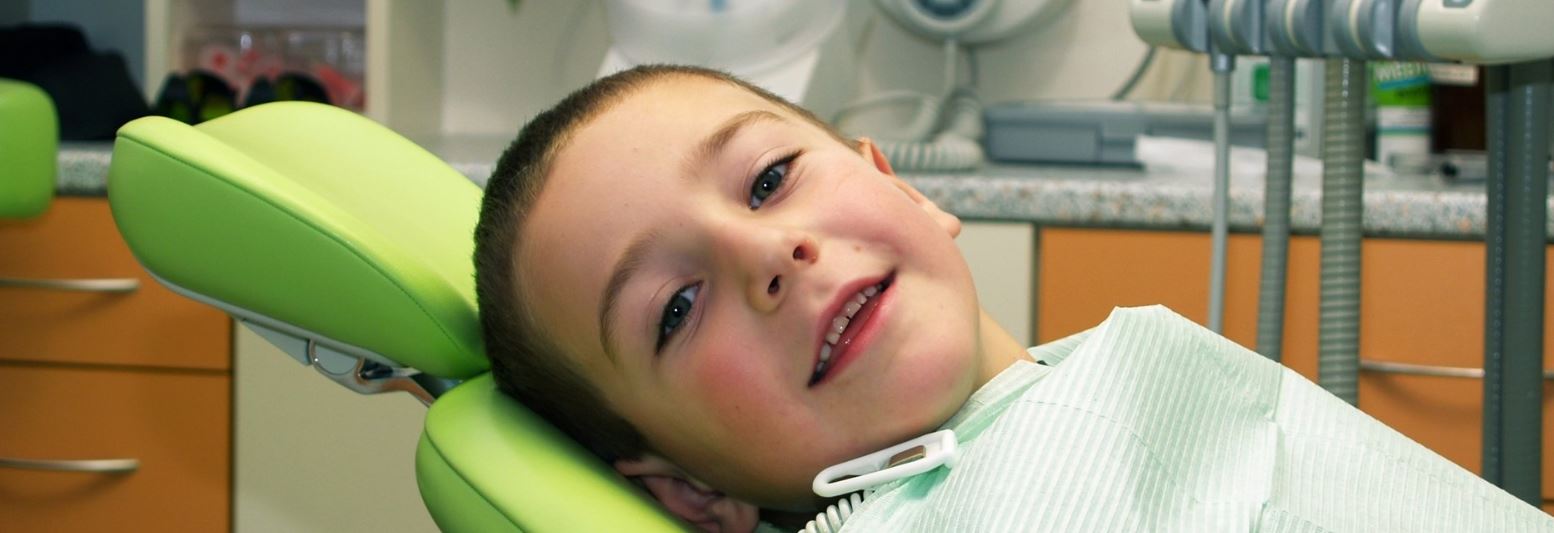
Let’s talk about preventative dentistry for kids. We want to spread the word about how poor oral health and cavities impact our kids’ health and quality of life. According to the American Academy of Pediatric Dentistry (AAPD), dental caries/cavities are four times more common than childhood asthma and three times more likely than childhood obesity. That means that the most common condition among children is largely preventable. In their 2021 State of Little Teeth Report, AAPD examined the epidemic of tooth decay among children. Check out the following key stats from the Report:
Each February we celebrate National Children’s Dental Health Month! During the entire month of February, we focus on preventative dentistry for kids because we are passionate about children’s healthcare. Take this time to increase awareness about pediatric dental hygiene – and find out how you can best support your child’s dental care.

In one of your recent trips to the grocery store, you’ve probably seen the increase in natural products. Natural deodorants, skincare, organic snacks, and even all natural oral hygiene products. While the idea of all-natural toothpastes, mouthwashes, etc. sound appealing, are they as effective as what we’re used to?
According to Dentistry Today,
“The global market for oral hygiene products such as toothbrushes, toothpastes, and mouth rinses will grow at a compound annual growth rate of 3.29% from 2018 to 2022, according to Research and Markets.”
So, the demand for more natural ingredients and products is definitely true, but do the products work as well as traditional products?

At Premier Dental, our personalized touch is setting the standard for affordable family dental care in the Lee’s Summit area. Your dental experience and will have you forgetting why you were ever “fearful” of the dentist. Our laid-back atmosphere, gentle touch of Dr. Stephan D. Caye & his team, and the relaxing atmosphere & amenities will have you & your family looking forward to your next visit.
Dr. Caye doesn’t use a one-size-fits-all approach with his patients, instead he takes the time to work with each and every patient, one-on-one. Each patient needs a different and unique approach that is customized to their oral health. Almost all dental procedures can be done in-house at our location, which makes your appointments run smooth, with the best treatment options for you & your family.
We like offering comprehensive dentistry to our patients. What does that mean? At Premier Dental, you can receive preventive, cosmetic, and restorative treatments all in one location.
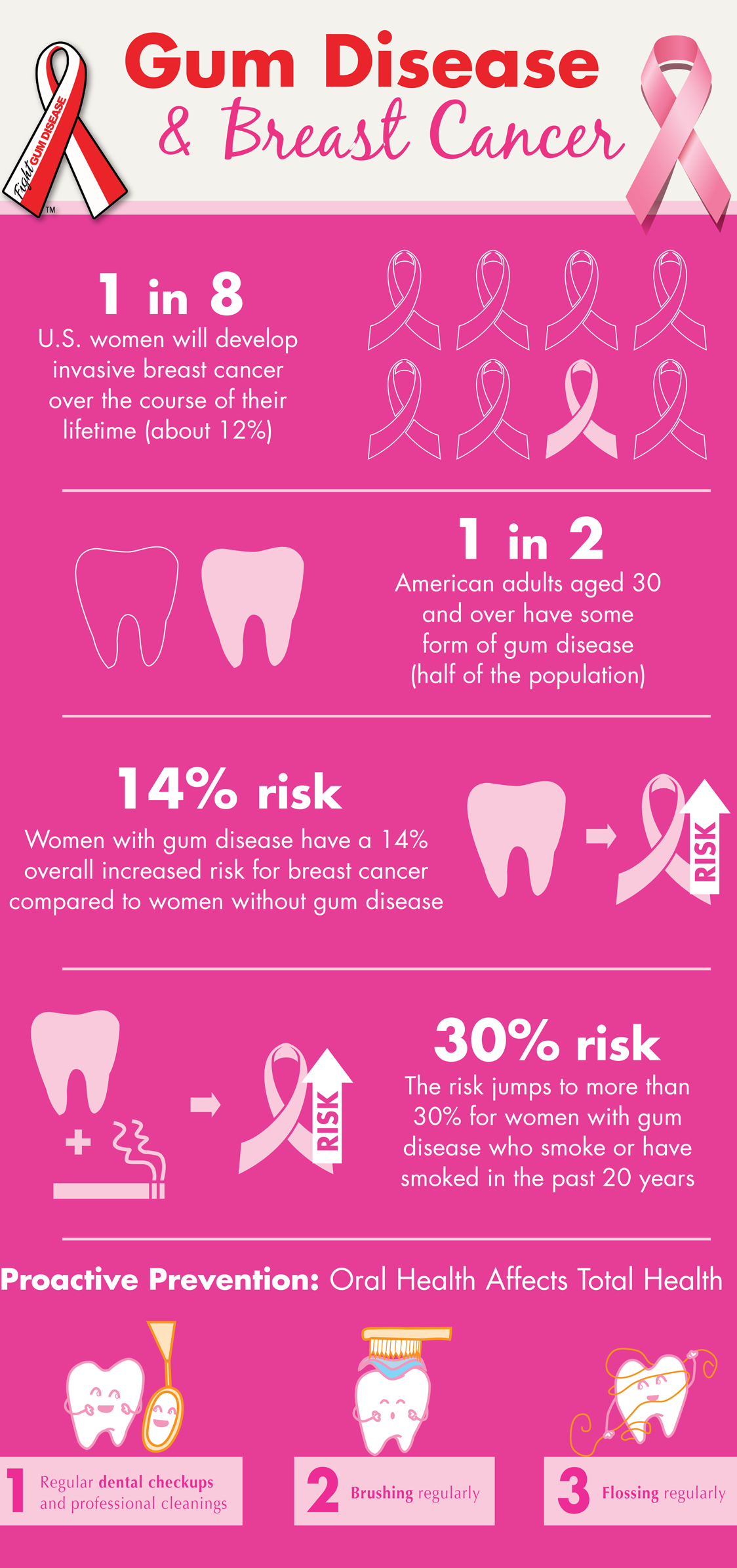
Research suggests that postmenopausal women with gum disease are more likely to develop breast cancer than postmenopausal women who don’t have gum disease. Why? Let’s discuss how we can fight gum disease reduce breast cancer risk.
Gum disease, also called periodontal disease, can range from simple inflammation of the gums, called gingivitis, to periodontitis, when the gums pull away from the teeth leaving open spaces that become infected. The bacteria causing the infection and the body’s response to the infection can break down the bone and connective tissue that hold your teeth in place. If periodontitis isn’t treated, the teeth may become loose and must be removed.

You may not have heard of Periodontal Disease, if you visit your dentist regularly and you haven’t – that’s probably a good sign that you have healthy gums! Poor dental hygiene can lead to problems that are more severe than the average cavity or case of bad breath. Periodontal Disease is also known as Gum Disease and almost 50% of adults have some form it. Gum disease is most commonly the result of poor dental hygiene and is the inflammation of the tissue around the teeth, according to www.medicinenet.com. Here’s the scary part – if left untreated, it can lead to even more serious problems, ranging from tooth loss to heart disease. Knowing the signs, symptoms, and treatment for various stages of gum disease can set you on a proactive path to avoiding a disappointing dental visit.
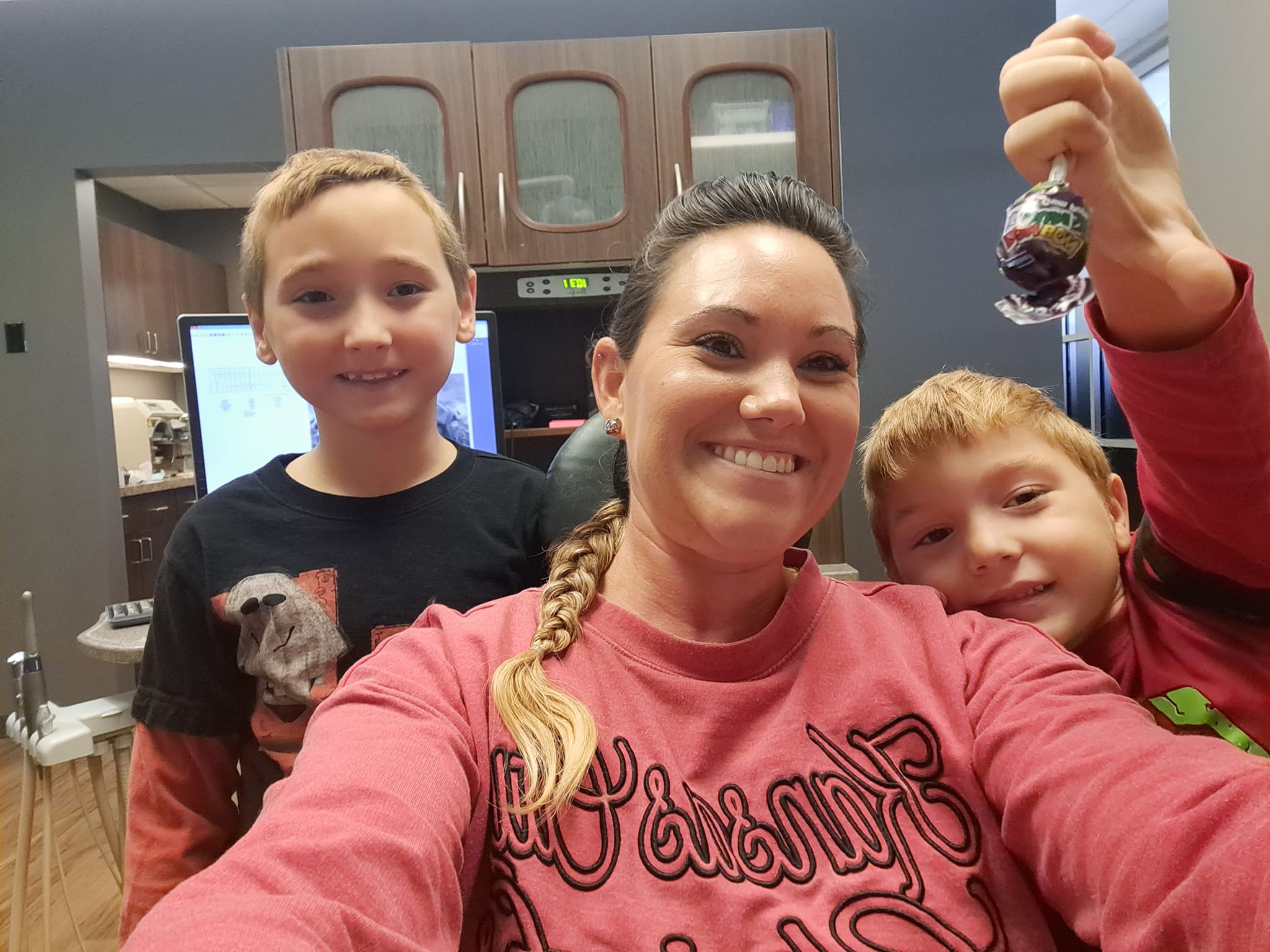
We LOVE our Little Patients!! When you have small kiddos, like we do, it can be overwhelming to make sure you’re doing “all the things” to keep these tiny humans happy and healthy! To take some of the guess work out of this subject, we’re going to focus this blog on some questions about dental health for kids that we, as both dental professionals AND parents, can answer.
Educating families about dental health for kids is important to us. We see it as a great opportunity to promote the benefits of children’s oral health and hygiene. Developing healthy dental habits at an early age, including brushing and scheduling regular dental visits, helps children get a good start at having a lifetime of healthy teeth and gums.
We want all of our patients to have healthy and beautiful smiles and we love to help educate families about their dental health, so let’s get started!
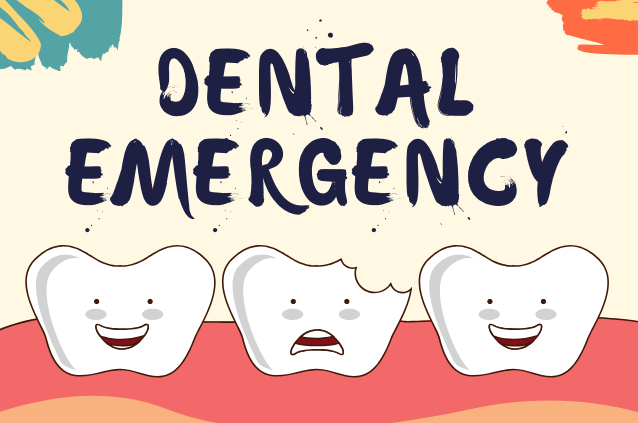
While a simple toothache may seem benign, the truth is that a toothache isn’t something you want to take lightly. It’s your mouth’s way of telling you to that something isn’t right and to take a closer look. While a minor toothache may not be considered a dental emergency, a sudden and unexplainable one needs to be treated very quickly.